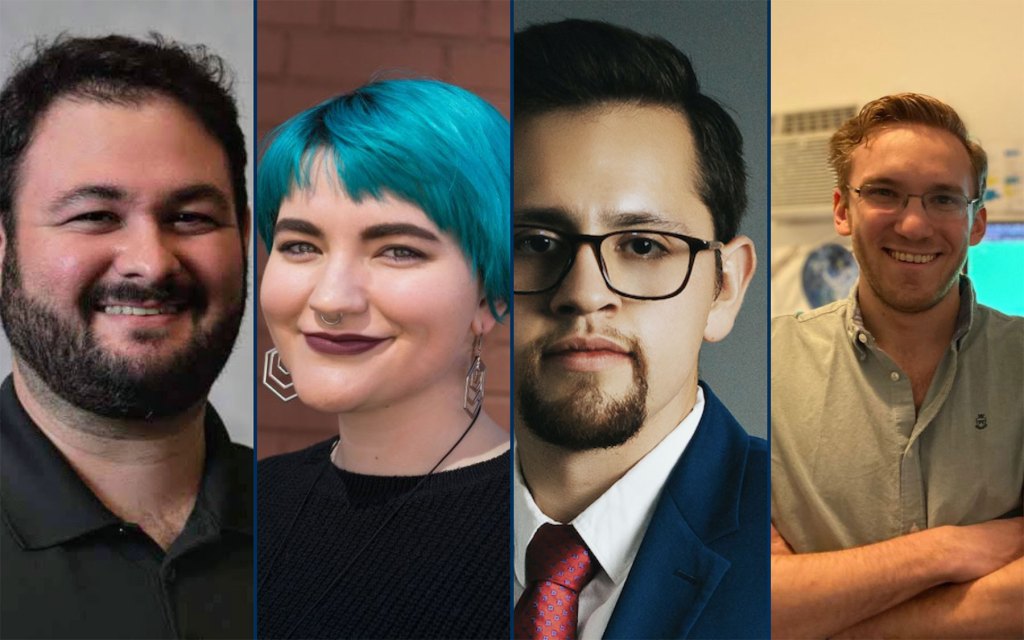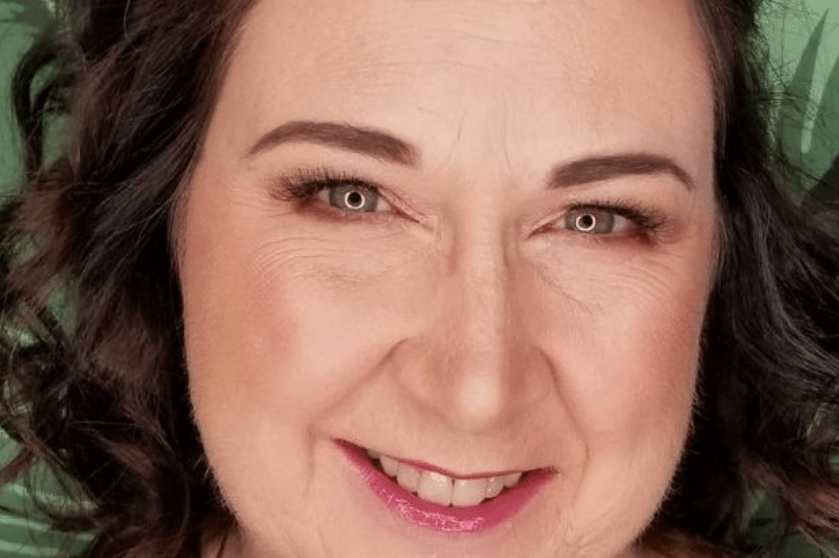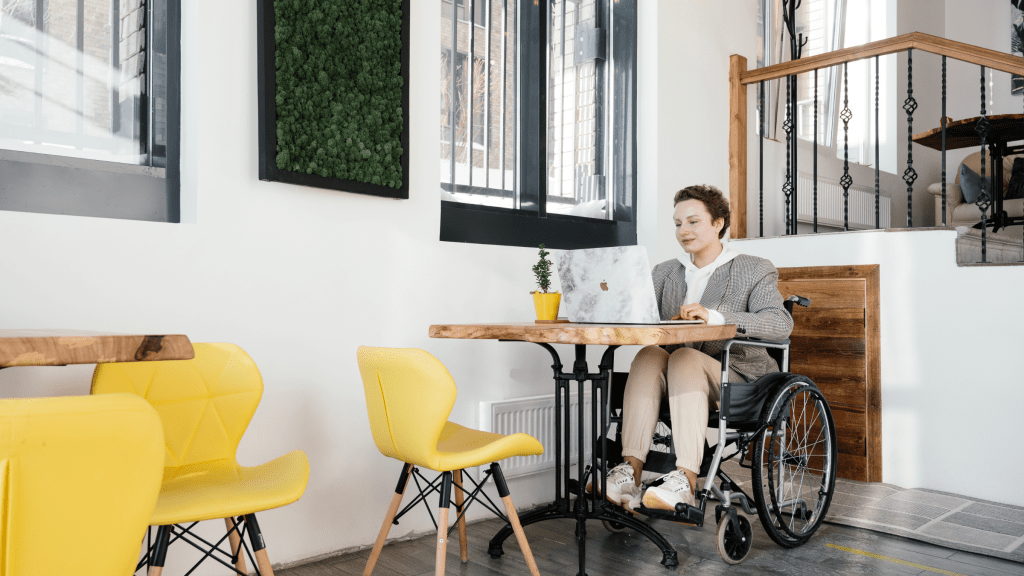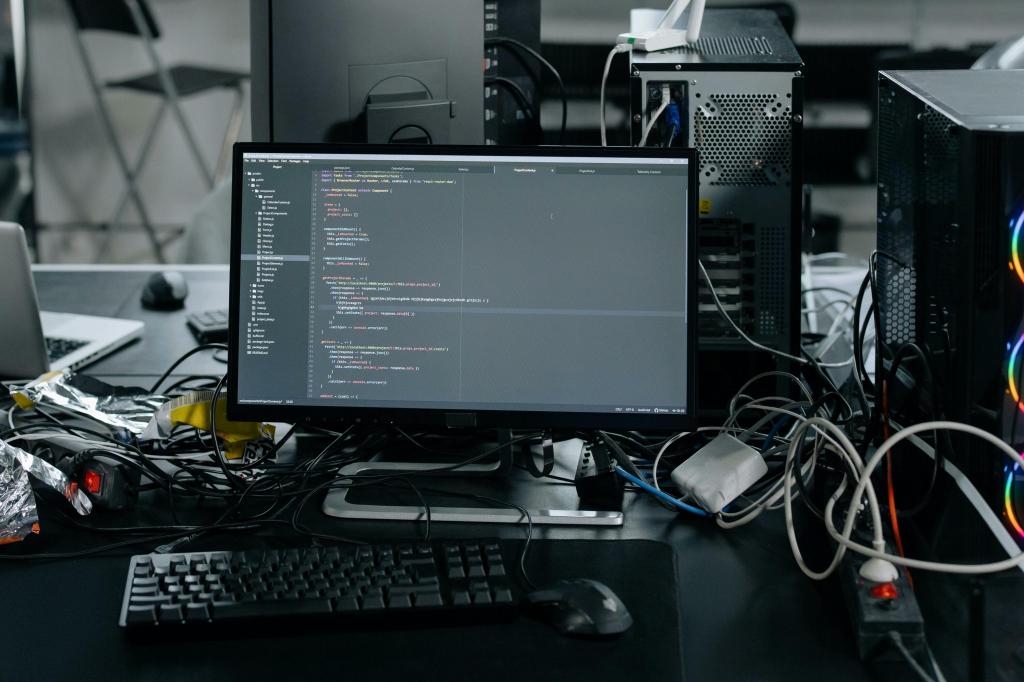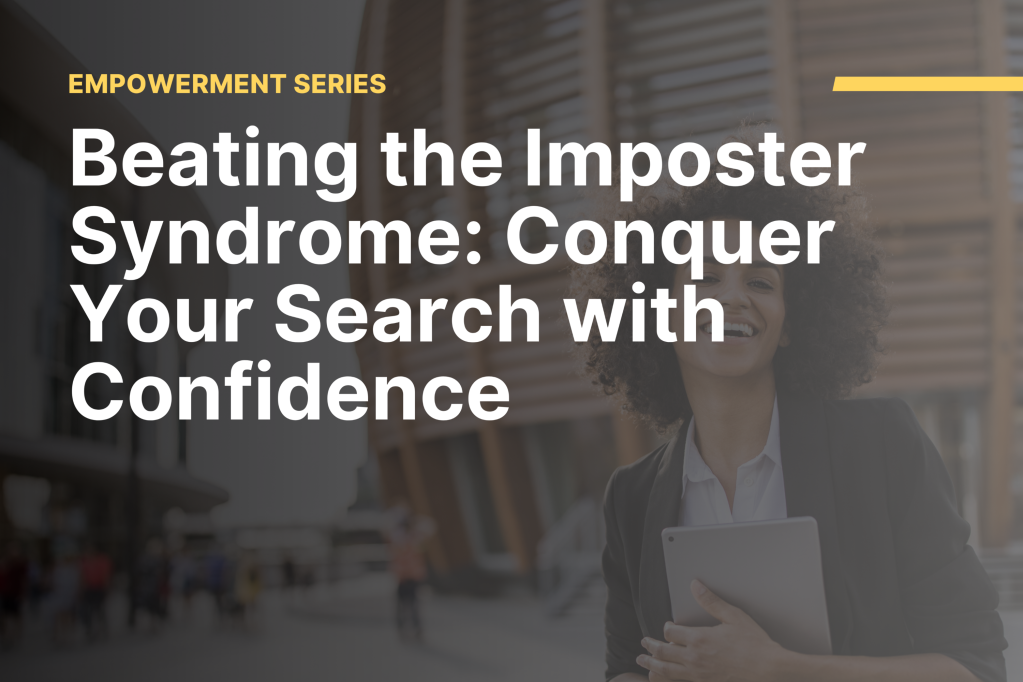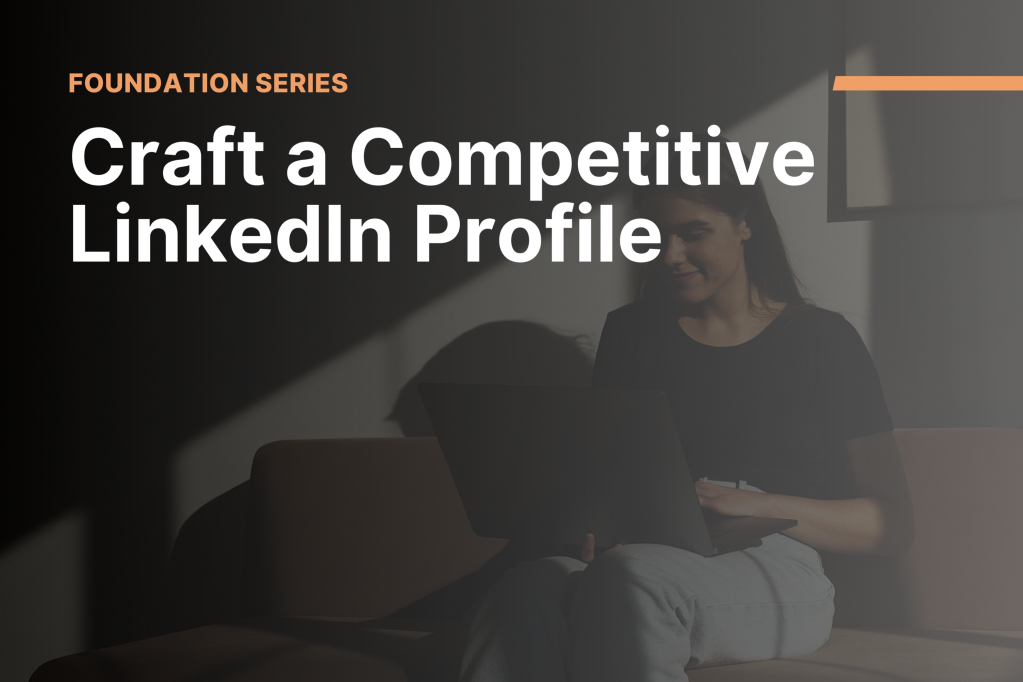2U, Inc. is the parent company of edX
Innovation is everywhere: from the lights you flick on each morning to the machine that brews your coffee to the device you’re using to read this story. It’s the reason why entrepreneurs get out of bed every day, launching ventures that question status quos and drive global disruption.
Building something from nothing may not be easy, but it is worth it. After all, with great risk comes great reward. Here’s how five entrepreneurs found the courage to follow their dreams through 2U, Inc. boot camps—guided by passion, purpose, and a whole lot of perseverance.
Turning a Final Project Into a Fully Fledged Company
Mike Gelber’s final project for the Columbia Engineering Coding Boot Camp was more than just an assignment—it was a much-awaited opportunity to bring a business idea to life.
Using programming skills gained in class, Mike and his co-founder Paul built AdHouse: a user-friendly platform that helps health care providers and practices advertise online at highly affordable rates.
When the boot camp ended, Mike and Paul continued optimizing their startup for its June 2020 launch. “It was two months of nonstop coding followed by weeks of selling, countless bugs, breaks, pushes, and rejections,” said Mike. But in the end, it was all worth it. AdHouse is exactly what Mike had dreamed of—and he couldn’t be more excited to watch it grow.
His advice for others looking to make a leap? “Do it. A lot of people say they will—next summer, next year. But the longer you wait, the more opportunities you’re missing out on. Get started now.”
Launching a Programming Podcast
Lee Warrick loves giving back to the coding community.
While studying in the UCF Coding Boot Camp, he started sharing his story at meetups and connecting with junior developers. Months later, a lightbulb went off. “I realized: I could only reach so many people through a meetup,” said Lee. “But through a podcast, information lives online forever and can reach a lot of listeners.”
With that, the Tech Jr podcast was born. In weekly episodes, Lee interviews guests who span the gamut: Netflix engineers, Google designers, hiring managers, and more. By “asking all the questions others are afraid to,” he makes coding accessible for all. “In tech, you often feel like people are ten steps ahead of you, and you don’t want to bother anybody,” Lee explained.“
Our podcast provides info for beginners. If I do an interview and the guest talks about something advanced, I have them back up and explain the concept. There can never be enough beginner content.”
Choosing a New Path During COVID-19
After completing the Tecnológico de Monterrey Coding Boot Camp in early 2020, Alejandro Palacios found himself debating whether to pursue a programming job or launch his own company. Then, COVID-19 struck—and options started to dwindle.“
Sadly, a lot of the positions I applied for got canceled,” said Alejandro. “But even though many jobs became unavailable, I noticed that there was an emerging market of web application entrepreneurs.”
Seizing his silver living, Alejandro began applying the entrepreneurial skills he learned in class to building a business. “Everything ran smoothly,” he said. “Even though I had little experience, the course taught me how to plan a project and incorporate code into those plans.”
Today, Alejandro’s full-stack web development startup serves a variety of small companies, creating everything from simple websites and landing pages to fully fledged ecommerce platforms. Looking back, he credits his success to the coding boot camp. “The course taught me to be an entrepreneur,” Alejandro said. “While it fostered a strong support network through its instructors and TAs, it also gave me the initiative to do research on my own.”
Creating a Community for Female Coders
Rylie Johnson was still in high school when she enrolled in her first computer science class. At the time, she wasn’t all that interested.
Years later, after earning an undergraduate degree in communications and digital humanities, she joined the marketing team of a tech company in Minneapolis. The environment sparked a newfound interest in tech, but Rylie felt constrained by her role as a writer.
It wasn’t until she was let go in a round of layoffs that she realized how much the company had underestimated her. She was determined to prove herself. The first step? Enrolling in University of Minnesota Coding Boot Camp.
There, Rylie fell in love with JavaScript and excelled at front end web development—going on to win a 2018 Google Developer Challenge Scholarship for her technical skills. Tapping into her creative talents, she then built a platform called DevNasty where local female developers could share industry experiences and frustrations. “We even featured a quote board for Random Bullsh*t Said to Women that Wouldn’t be Said to Men,” said Rylie. “It was a fun idea for us to vent about things that we deal with on a daily basis.” And it all began with the boot camp.
Building a KICKApps Business
While in The Coding Boot Camp at UCR Extension, Brad Johnston applied for various jobs—but struggled to find anything that perfectly suited his passions.
A business idea had been brewing in his mind for years, and he decided to finally make the leap, thinking, “There has to be a better way to get my foot in the door. I know how to do it. I have people that are down to help. Let’s just do it.”
Before long, one of Brad’s tutors from the boot camp was expressing interest in this new initiative. They wound up working together on the project, and brought on another peer who was more data-driven. Combining their unique skill sets, the three joined forces to launch KICKApps: a programming consultancy that helps companies create their own digital identity.
Looking ahead, Brad has big plans for his future in technology. His advice for fellow entrepreneurs? “Stick with it. It’s worth it.”
This article was originally published by 2U, Inc.

